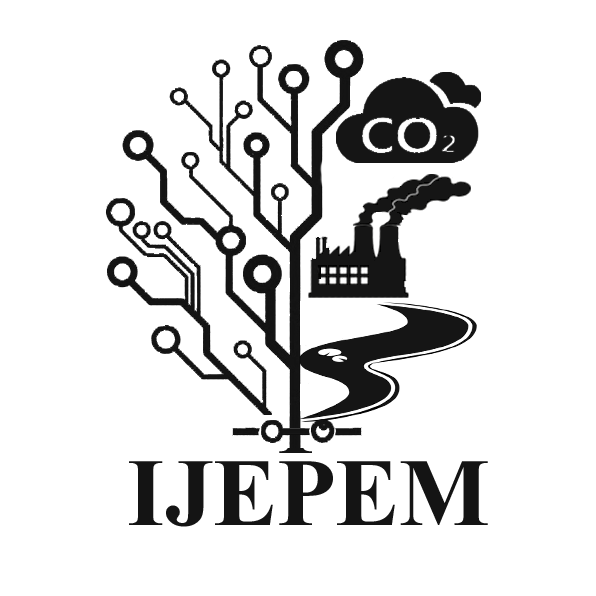
International Journal of Environmental Pollution and Environmental Modelling
Yazarlar: Arda YALÇUK, Hamdi ZENGİNBAL, Gamze DOGDU OKCU
Konular:Çevre Mühendisliği
Anahtar Kelimeler:Irrigation,: Heavy metals,Malus domestica,Soil properties,Heavy metals
Özet: Nowadays, in many regions of the world face to drought problems that directly affect the agricultural production due to water deficiency or some conditions that cause the depletion of the existing water resources. In these water deficit areas, the use of wastewater for agricultural irrigation could contribute to decrease water shortage, protect surface and groundwater resources and supports the agricultural industries. In this study, in order to assess wastewater from textile industry could be used safely to irrigate ‘Golden Delicious’ apple seedlings grafted onto an MM 106 parent, a pot experiment in glass house was conducted in a sand clay loam soil (pH=7.22) from Bolu province. Municipal water (T0) prepared as a control sample, 1/3 diluted (T1) and raw textile wastewaters (T2) were applied to investigate the effects of irrigation treatments by measuring soil and leaves chemical properties. Although the Electrical Conductivity (EC) (4 dS/m) and pH values (8.5) at the end of the experiment were lower than the critical value in all the irrigated samples, the sodium adsorption ratio (SAR) values were higher than 13 in T1 and T2. The cubic model was determined to be suitable for the shoot lengths of the apple saplings irrigated with T0, T1 and T2 and R2 values could be obtained as 0.987, 0.987 and 0.992, respectively. This study clearly demonstrated that textile wastewater at appropriate dilutions could be used for irrigation in agricultural fields.